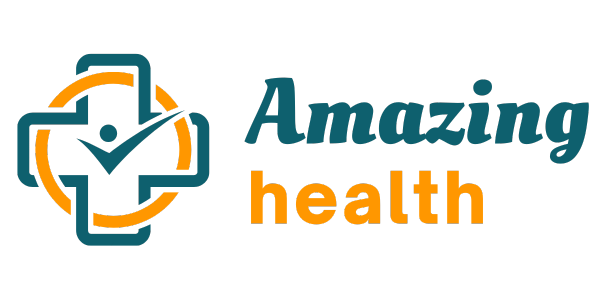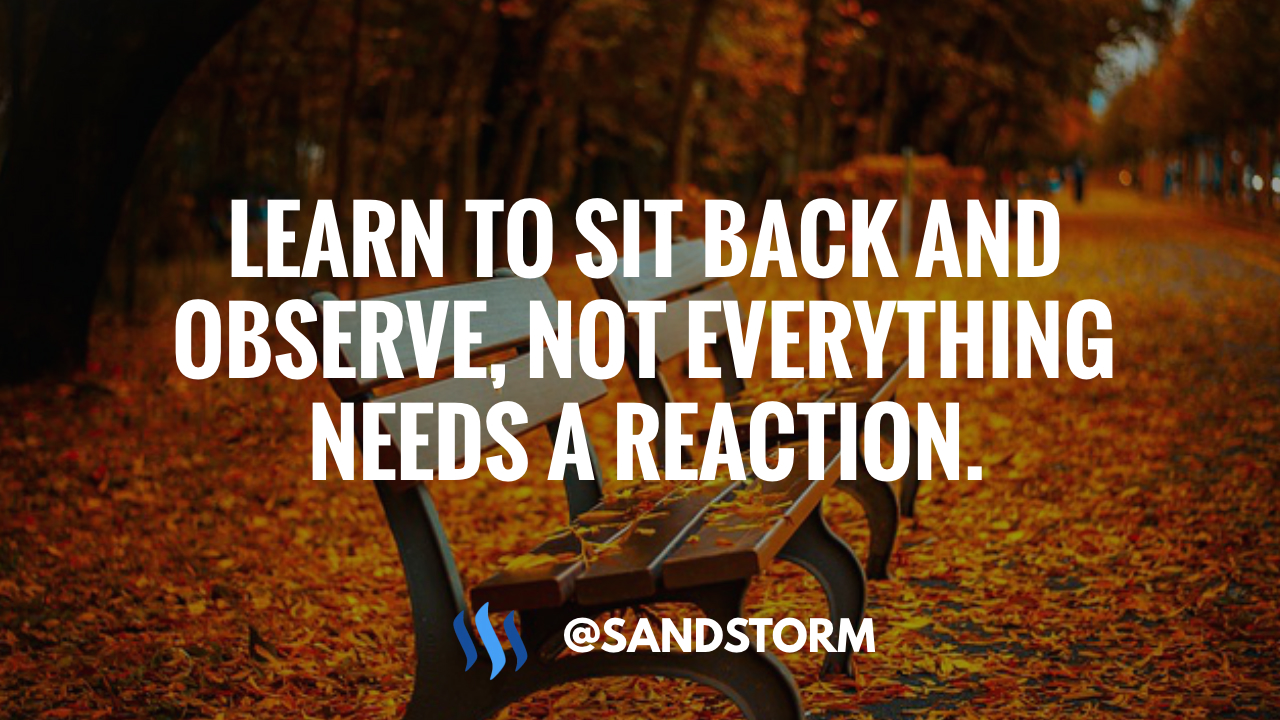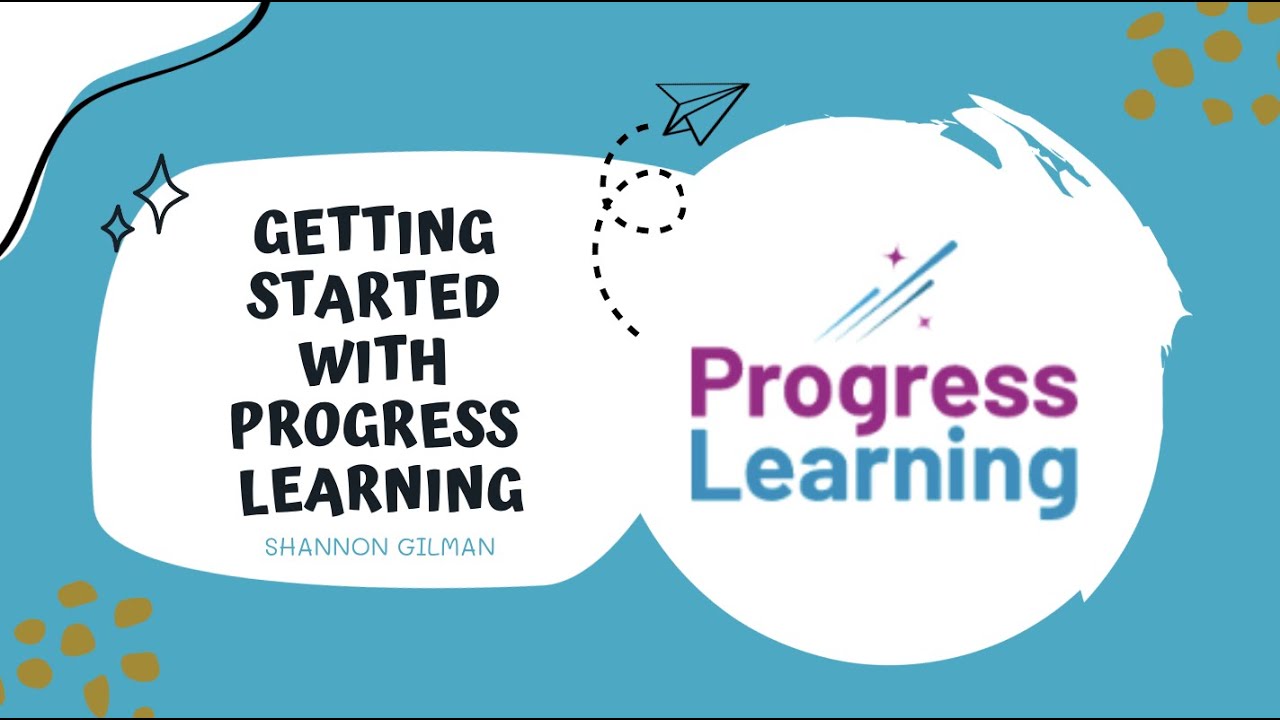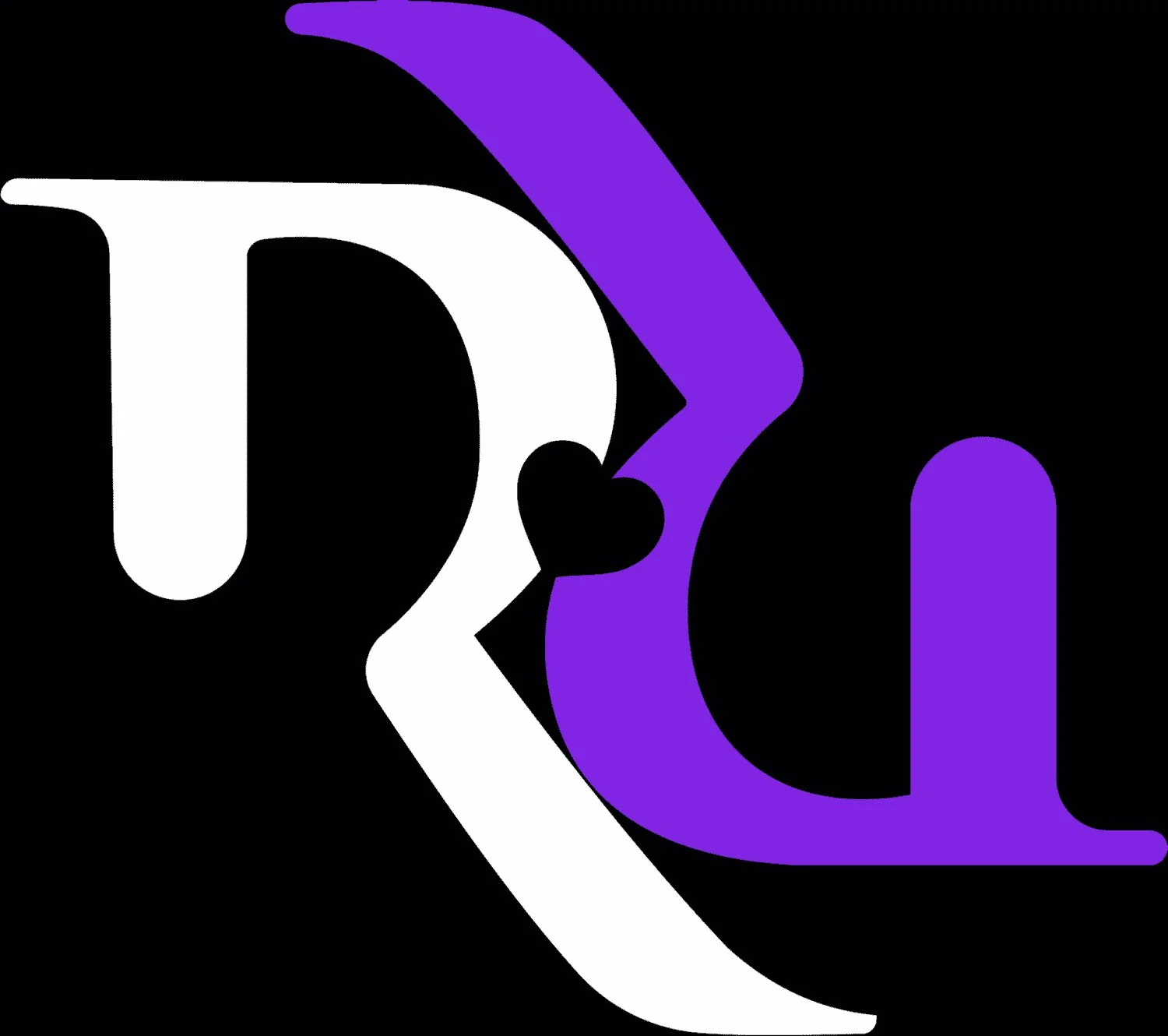Introduction
Learn to sit back and observe. not everything need – tymoff, “Learn to sit back and observe. Not everything needs a reaction.” This simple yet profound statement underscores the importance of pausing, reflecting, and allowing moments to unfold without immediate intervention. In a world where quick decisions and rapid responses are often prized, the art of observation and discerning when to act and when to refrain is a valuable skill. Learn to sit back and observe. not everything need – tymoff, In this article, we will explore the wisdom behind this advice and its practical applications in our daily lives.

The Power of Observation
Observation is the act of paying close attention to what is happening in a given situation without immediate action or judgment. Learn to sit back and observe. not everything need – tymoff, It involves taking the time to fully understand the context, the people involved, and the dynamics at play. This practice can offer several benefits:
Must Read=A true relationship is two imperfect people refusi – tymoff
- Clarity: Observing allows you to gather information and gain a clearer perspective on the situation, reducing the likelihood of hasty decisions.
- Empathy: It enables you to better understand the feelings and motivations of others, fostering empathy and improving interpersonal relationships.
- Conflict Resolution: In conflicts or disputes, observing can help identify the root causes and find a more effective and peaceful resolution.
- Learning: Observing is a valuable tool for learning and self-improvement, as it allows you to absorb information and experiences.

Not Everything Needs a Reaction
In our fast-paced lives, we often feel compelled to react swiftly to every situation or piece of information. However, “not everything needs a reaction” reminds us that not every situation requires an immediate response. Learn to sit back and observe. not everything need – tymoff, Some instances benefit from patience and reflection, especially those that involve emotions, conflicts, or complex decisions.
Practical Applications
- Active Listening: In conversations, practice active listening by truly hearing what the other person is saying before formulating your response. This enhances understanding and can lead to more meaningful communication.
- Conflict Resolution: When conflicts arise, take a step back and observe the situation from a neutral perspective. This can help you identify the underlying issues and work towards a more effective resolution.
- Decision-Making: Before making major decisions, gather information, and weigh the pros and cons. Give yourself the space to observe and reflect before taking action.
- Meditation and Mindfulness: Meditation and mindfulness practices encourage observation of thoughts, emotions, and sensations without judgment. These techniques can help in managing stress and improving mental well-being.
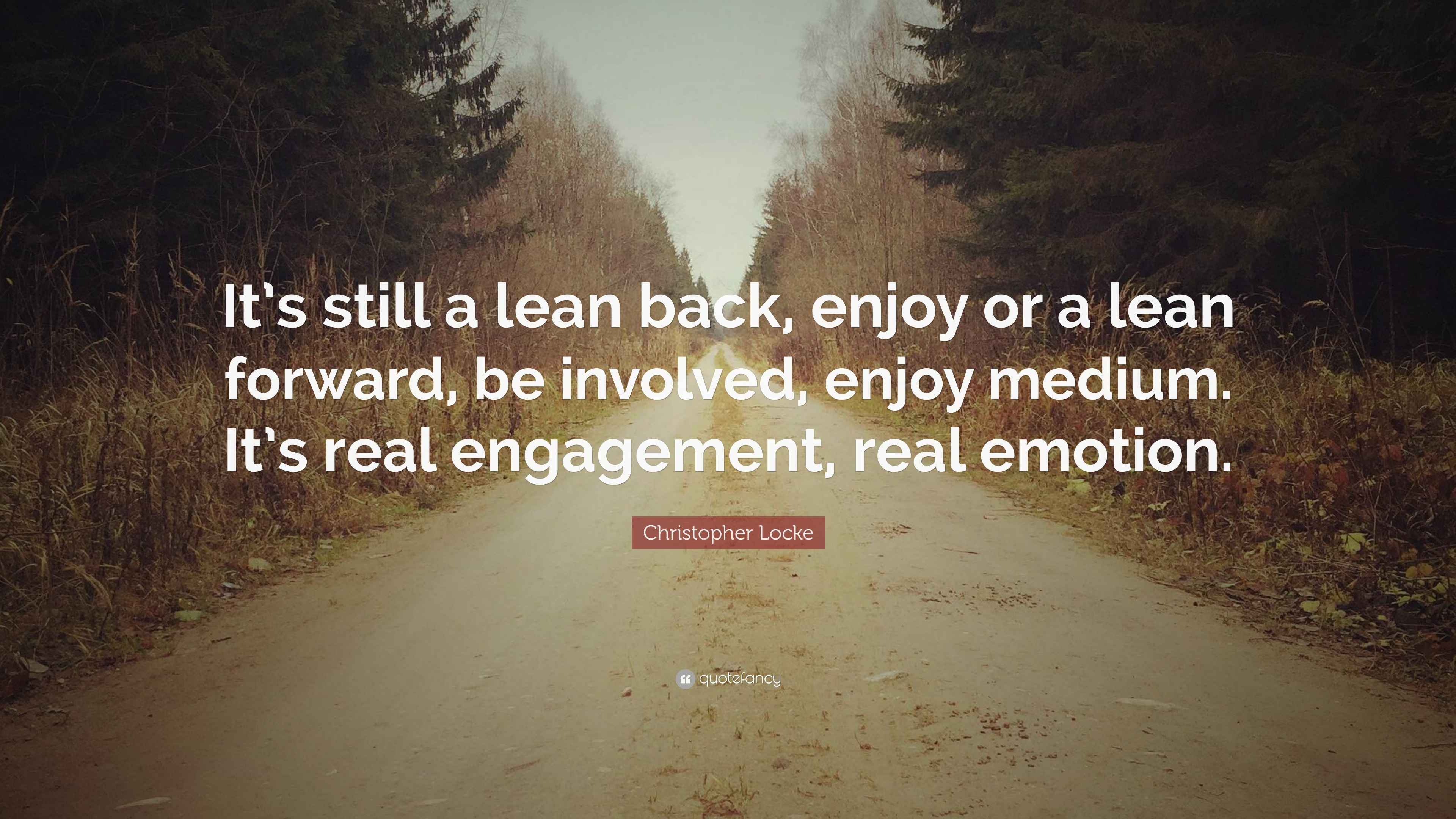
- Time Management: Observe how you spend your time and identify areas where you can be more efficient or make better use of your resources.
Conclusion
“Learn to sit back and observe. Not everything needs a reaction” reminds us that taking a step back to observe can be a source of wisdom and empowerment. It’s a practice that promotes understanding, empathy, and better decision-making. By incorporating the art of observation into our daily lives, we can navigate the complexities of our world with greater clarity, patience, and discernment. In a culture that often rewards immediate action, this advice encourages us to value the power of pausing and considering before we respond.
